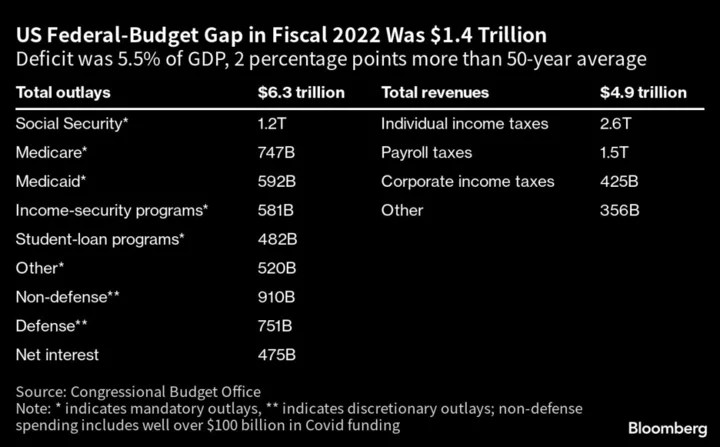Steve Wozniak’s space startup Privateer is launching a global online marketplace that aims to connect customers seeking planetary data with orbiting satellites.
The goal, Privateer says, is to make the hundreds of Earth-observing satellites currently circulating the planet much more accessible to the masses — not just governments. The company envisions that by creating an online marketplace where multiple customers share “rides” on satellites, eventually the costs could come down from an average of $500 per observation to $50.
The move into e-commerce builds upon the company’s initial goal of space sustainability and tracking as many objects in orbit around Earth as possible. Other satellite marketplaces, like SkyFi, have existed to pair customers with satellite data, but Privateer hopes to offer extra incentives for operators, such as software and hardware, to sweeten potential partnerships.
Privateer is likening the marketplace to the once-popular Uber Pool rideshare, which allowed multiple customers heading in roughly the same direction to share a car. Various customers looking for similar data of regions of Earth from space will be able to “share a ride” on the nearest satellite. With the help of Privateer, the operator of that satellite can then maneuver onto an orbital trajectory to optimize data collection for those customers.
“We said, ‘Look, there’s all this great ability to get to space, but it’s not accessible for real people or for businesses,’” Alex Fielding, Privateer’s chief executive officer and co-founder, said during an interview. “And our conclusion was that we should build the world’s first ridesharing platform in space.”
To aid satellite operators, Privateer is developing a suite of software tools, including some that incorporate artificial- intelligence learning, to help the spacecraft in orbit gather the best planetary data for customers. Additionally, the company is creating its own satellite attachment — a payload called Pono — that would be added to satellites to perform computational tasks like processing data in space.
Sustaining Space
When it was first unveiled in 2021, Privateer’s initial goal revolved around making space a safer place to operate, with the public goal of creating the “Google Maps of Space.” Along with Fielding, the company counts Wozniak as one of its founders, as well as astrodynamicist Moriba Jah, an associate professor at the University of Texas specializing in space tracking.
The company’s first major project was an application called Wayfinder — a dynamic model of Earth and its orbit, showing every satellite and much of the debris circling the planet. The tool incorporates data from government-tracking stations, telescopes, sensors on satellites, and more. Individuals using Wayfinder can zoom in on an individual satellite and obtain real-time data about it’s location and presumed purpose.
The initial goal of Wayfinder was to make space more sustainable by giving this tracking information to as many people as possible. Now Privateer wants to leverage that data to create a marketplace.
“Wayfinder takes a step in collecting information from many sources and governments that are all in different formats, but bringing them back into one,” Wozniak said during an interview. “Then making it available for basically the public and bright, creative people to be able to use and get somewhere.”
Privateer also plans to provide satellite operators with maps to help them operators navigate onto the optimal trajectories, as helping them avoid collisions and save on fuel costs.
“A lot of satellite operators, even though they’re operating the satellites, there could be things that could really help them get the information that they need to make better decisions, to save money,” Jah said. “So we’d like to be able to help with that.”
AI for Space
Privateer also plans to incorporate artificial intelligence into its software tools, as well as the satellite attachment Pono, a prototype of which the company hopes to launch as early as December on one of SpaceX’s Falcon 9 rockets.
Currently, most satellite operators have to downlink all their collected data and do most of the computing work on Earth.
With Pono, Privateer hopes to give satellite operators the option to do that heavy lifting in orbit, with AI tools that can help satellites better learn what kinds of data they are collecting and where best to observe the Earth to fulfill their obligations to customers. After initial space tests, Privateer hopes to launch another Pono prototype in 2024, with the hardware becoming fully operational in 2025.
On top of all of this, Privateer also plans to make a database of previously collected data that’ll be available online for a fee. As of now, Privateer has two satellite partners signed up for the marketplace and Fielding says the company is in talks with more.









